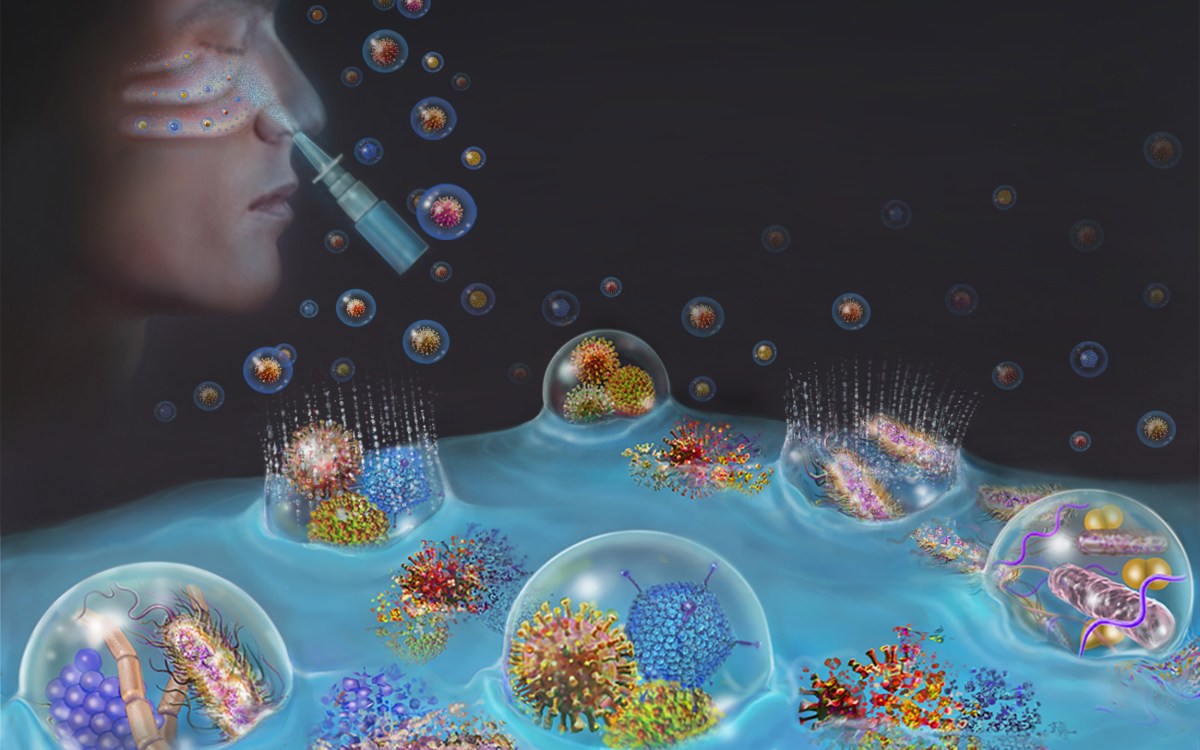
iStock
What’s behind post-COVID brain fog?
Experts find no clear answers, but recognize it’s real
As a neurologist working in the COVID Survivorship Program at Beth Israel Deaconess Medical Center, I find that my patients all have similar issues. It’s hard to concentrate, they say. They can’t think of a specific word they want to use, and they are uncharacteristically forgetful.
Those who come to our cognitive clinic are among the estimated 22 to 32 percent of patients who recovered from COVID-19, yet find they still have brain fog as part of their experience of long COVID, or post-acute sequelae of SARS CoV-2 infection (PASC), as experts call it.
What is brain fog?
Brain fog, a term used to describe slow or sluggish thinking, can occur under many different circumstances — for example, when someone is sleep-deprived or feeling unwell, or due to side effects from medicines that cause drowsiness. Brain fog can also occur following chemotherapy or a concussion.
In many cases, brain fog is temporary and gets better on its own. However, we don’t really understand why brain fog happens after COVID-19, or how long these symptoms are likely to last. But we do know that this form of brain fog can affect different aspects of cognition.
What is cognition?
Cognition refers to processes in the brain that we use to think, read, learn, remember, reason, and pay attention. Cognitive impairment is a reduction in your ability to perform one or more thinking skills.
Among people who were hospitalized for COVID, a wide range of problems with cognition have been reported.
People struggling with the effects of long COVID may have noticeable problems with attention, memory, and executive function. Studies report these issues both in people who were not hospitalized with COVID and in those who were, as well as in people who had severe cases. These findings raise some important questions about how COVID-19 infection affects cognition.
Less obvious lapses in memory and attention may occur even with mild COVID
A recent study published by a group of German researchers suggests that even people who don’t notice signs of cognitive impairment can have problems with memory and attention after recovering from a mild case of COVID-19.
This is an excerpt from an article that appears on the Harvard Health Publishing website.
Tamara Fong is an assistant scientist in the Aging Brain Center at the Hinda and Arthur Marcus Institute for Aging Research, and associate professor of neurology at Harvard Medical School.




